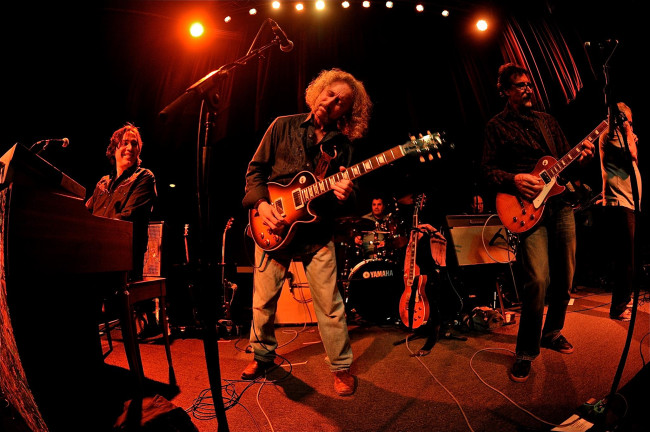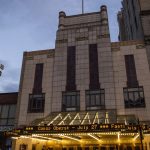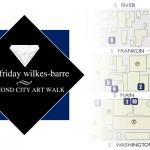Allman Brothers tribute band will jam at the Kirby Center in Wilkes-Barre on Jan. 22

From a press release:
It has been announced that Live at the Fillmore, the ultimate Allman Brothers tribute band, will visit Wilkes-Barre on Friday, Jan. 22 at 8 p.m. as part of the F. M. Kirby Center’s ongoing “Live from the Chandelier Lobby” concert series, presented by Grotto Pizza.
Tickets, which are $20 in advance and $25 the day of the show, plus fees, are available at the Kirby Center box office (71 Public Square, Wilkes-Barre), online at kirbycenter.org, and by phone at 570-826-1100.
The original Allman Brothers Band performed regularly at New York’s Fillmore East Auditorium, run by legendary promoter Bill Graham and often referred to as the “church of rock and roll.” The Allman Brothers Band played often enough at Fillmore East to be called “Bill Graham’s house band.” It was here and at other New York metropolitan area venues like Passaic, New Jersey’s Central and Capital Theaters and New York Central Park’s Schaefer Summer Concert Series where Lou Maresca, Live at the Fillmore founder and guitarist, heard the band many times beginning in 1970 and finally in July of 1971 at the closing of Fillmore East. These shows left an indelible impression on him. Maresca had already formed Skydog, what may have been the very first Allman Brothers tribute band earlier that year.
Live at the Fillmore is the continuation of his devotion to performing the music of the original Allman Brothers Band as it was performed in those early years before the untimely deaths of Duane and Berry Oakley and the departure of Dickey Betts. For Maresca, those years were the “glory days” of the Allman Brothers Band. Unlike others who believe the band was a jam band, he shares the view of Gregg Allman, who has been quoted as recently as 2003 by fellow band member Butch Trucks in stating that, rather than being a jam band, The Allman Brothers are “a band that jams.” Maresca’s perspective on the music is that rather than completely free-form in its structure and content, it is a body of work largely composed after much trial and error and “jamming” in order to extract those elements which ultimately became part of the finished songs.
Anyone who had the good fortune to hear the Allman Brothers shows “back in the day” on the same or successive nights will corroborate that, though they did leave room for improvisation and personal expression, for the most part, the songs remained the same. This has continued to be Maresca’s approach to performing their music. Along with the other highly talented and committed musicians in Live at the Fillmore, this is Maresca’s attempt to authentically bring back the performances of the original Allman Brothers Band for those who were there to hear and still remember them, along with those who have a similar love of this music and wish they had been there.



